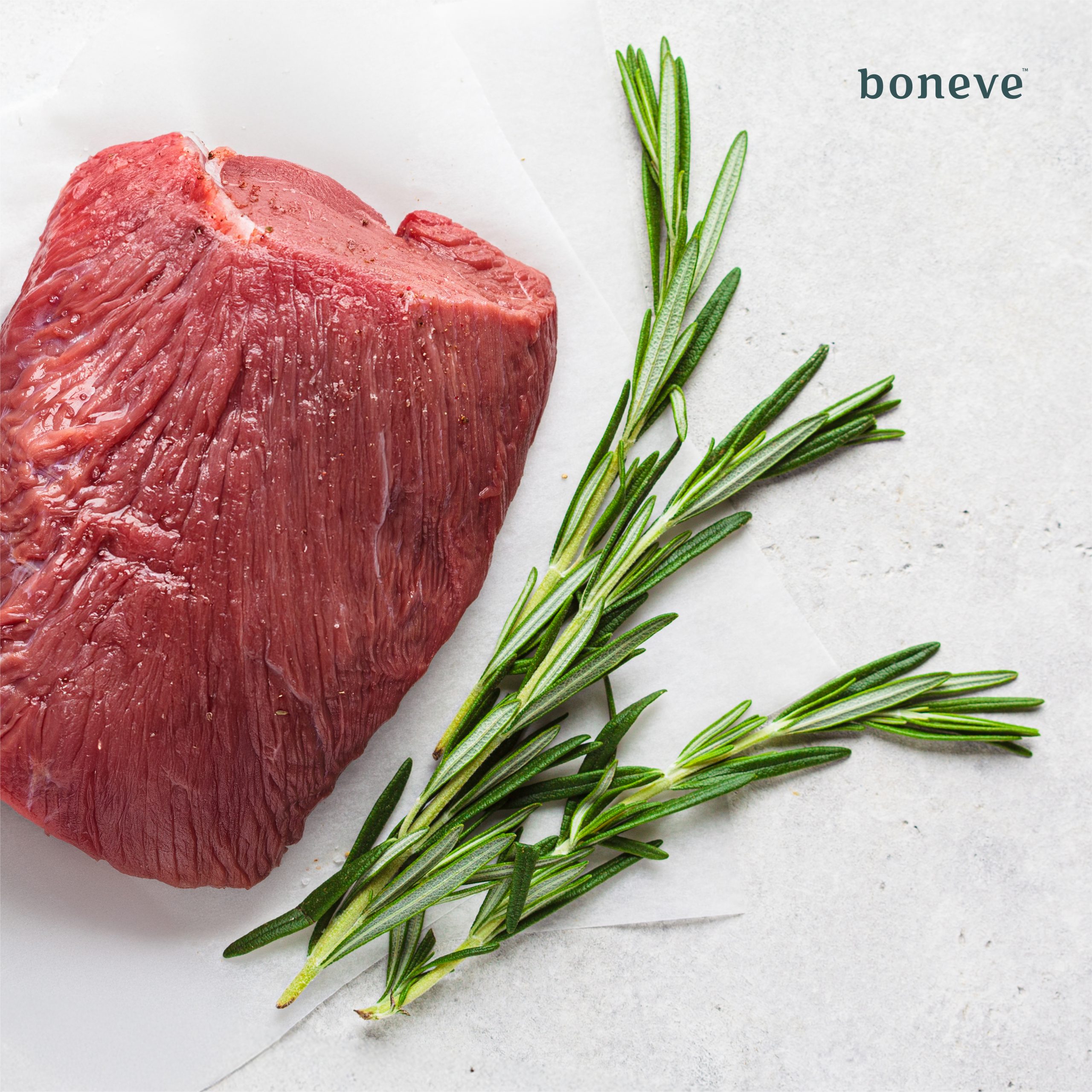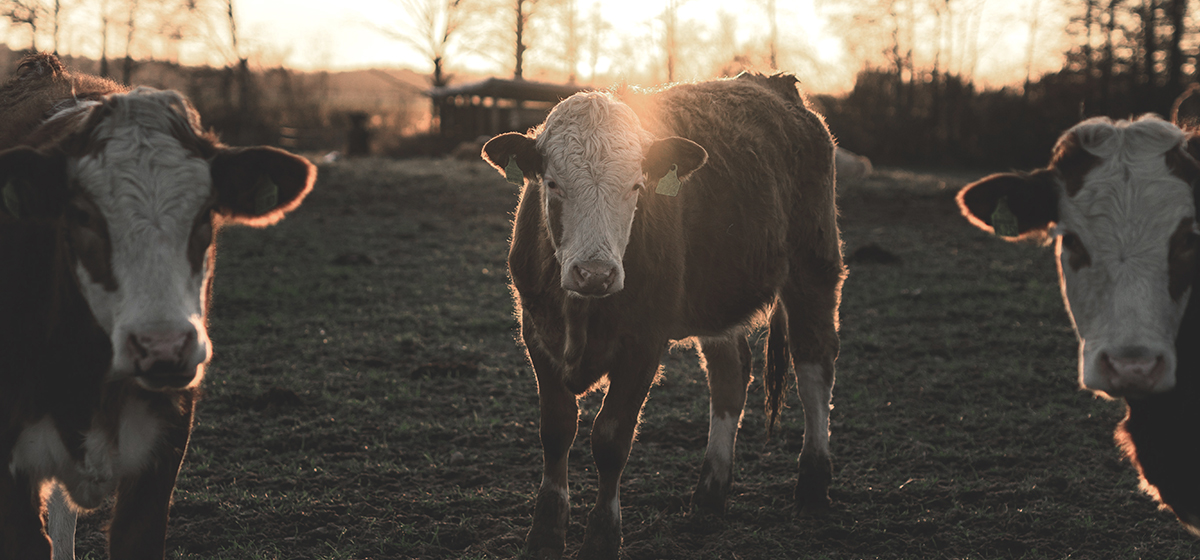Between work, errands, and all the other chaos of city life, feeding your pets sometimes feels like Mission Impossible. You know how tough it is when your cat treats dinner like a chore or your dog barely glances at their kibble.
Just like us, pets enjoy a bit of variety too. That’s why many pet parents are exploring different proteins and flavours. (Even the biggest furry foodies get tired of the same old bowl.) Beef is quickly becoming a favourite as it is hearty, tasty, and full of nutrients.
Find out why beef isn’t just yum, but an overall health boost for your pets too.
Why beef beats most other proteins
Beef is the protein that hits all the right nutritional notes. It’s easily absorbed and gives dogs their springy step and cats their midnight zooms. It also packs the essentials like iron, zinc and B-vitamins, which are key for good blood, a healthy coat and a strong immune system.
When your pet acts like their bowl is invisible (and the vet says they’re fine), maybe it’s time to try something new. Beef’s rich flavour and meaty aroma can turn a ho-hum dinner into a meal that is satisfying and nutritious.
Many pet parents are reaching for Boneve Beef kibbles, made with premium beef from New Zealand. It’s where the cows are grass-fed and raised in open pastures and farming is among the cleanest and most sustainable in the world. The result is wholesome, nutrient-rich protein that’s as natural as it gets.
What beef does for cats
Cats are obligate carnivores. They need meat and it’s not negotiable. Beef gives them clean protein that builds lean muscle without the bulk. Indoor cats lounging on your favourite chair? They still need that muscle development to stay healthy as they age.
Boneve freeze-dried beef cat food provides the clean protein that helps build and maintain lean muscle, which is just as important for indoor cats as it is for more active ones.
Energy levels stay consistent with beef too. No sugar crashes, no mystery ingredients causing the 3am zoomies. B-vitamins and zinc keep your cat’s skin healthy and coat shiny. You’ll notice the difference in how their fur feels. Softer, shinier, less like they’ve been rolling in dust.
What beef does for dogs
Dogs might be more flexible eaters than cats, but they still thrive on quality beef. Muscle maintenance matters whether you’ve got a working breed or a couch companion. Beef provides the amino acid profile that keeps dogs strong through every life stage.
That glossy coat everyone compliments? It’s the fat-soluble vitamins and omega fatty acids in quality beef. Skin stays healthy, shedding reduces, and your dog just looks better.
Active dogs burn through energy. Beef gives them the protein and nutrients to recover after runs, hikes, or intense fetch sessions. For older dogs slowing down a bit, the minerals in beef help keep their bodies working as they should.
Boneve freeze-dried beef dog food provides the amino acids needed for muscle maintenance and overall vitality.

How beef compares to other sources of protein
Different proteins offer different benefits. Here’s how beef measures up.
Beef delivers a complete amino acid profile with excellent digestibility. It’s naturally palatable, packed with iron, zinc, and B-vitamins, and sits in that sweet spot between lean and flavourful. Plus, it’s less likely to cause allergies compared to some other common proteins.
Chicken is widely available and affordable, but it’s also one of the most common allergens for pets. Some pets develop sensitivities after eating chicken-based food for a long time.
Fish is wonderful for omega-3 fatty acids, which support brain function and joint health. The strong smell can be off-putting for some pets. Fish also doesn’t always provide the complete amino acid profile that beef offers naturally.
Lamb is often gentler on sensitive stomachs and tends to be less processed in commercial pet foods. It’s quite rich, which suits some pets better than others. Beef offers a nice middle ground, nutrient-dense but not overly heavy.
Pork has become more popular in pet foods, partly because many pets enjoy the taste. It contains more fat than beef, which means higher calories per serving. That’s helpful for underweight pets but less ideal for pets prone to obesity.
Novel proteins such as venison or kangaroo can be helpful for pets with multiple food sensitivities. They tend to be pricier and aren’t always easy to find consistently. Beef gives you premium nutrition at a more accessible price point.

Bring the beef home
If your pets turn their nose up at mealtime, Boneve’s beef range offers several ways to win them over. Try our beef air-dried treats for rewarding good behaviour, freeze-dried beef combined with hoki for added nutrition, or our single protein beef kibble for pets who like it simple.



You can buy Boneve beef pet food online through Yappy Pets and select retailers across Singapore. The texture works for fussy eaters, the nutrition works for pet parents, and the results show in healthier, happier pets.
Buy Here




